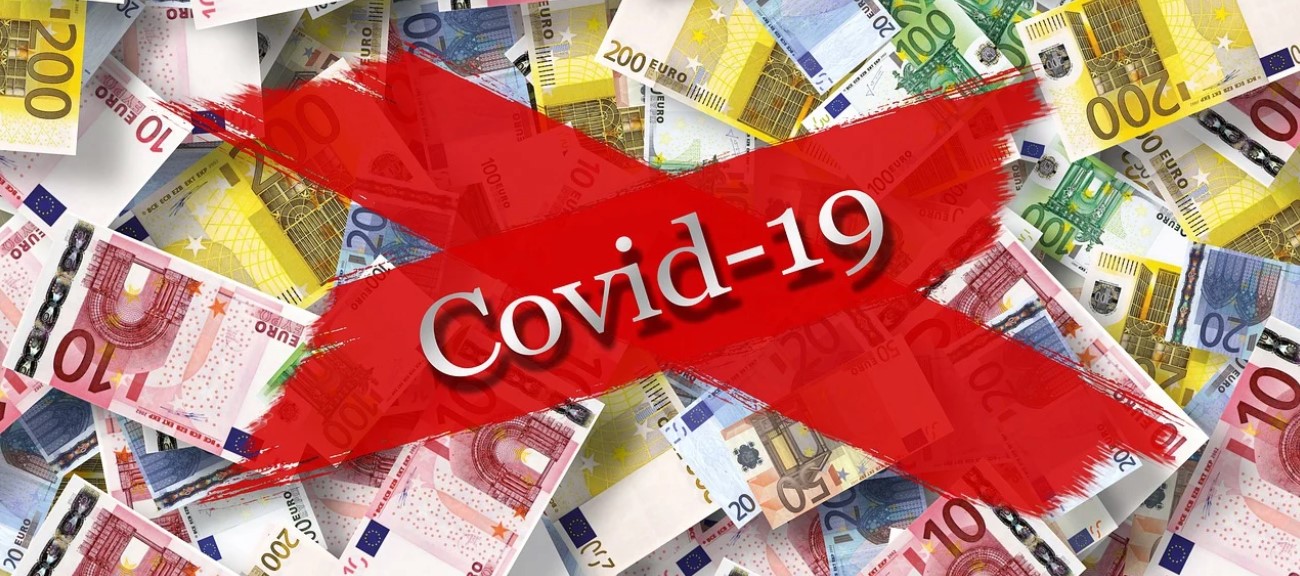According to Italian daily, Il Fatto Quotidiano, manufacturing a vaccine is extremely expensive, so much so that it is more convenient for large pharmaceutical industries to produce medicines against chronic or antiviral diseases.
Therefore, governments have put (and will have to put) a lot of money on the table. The US Senate has approved the allocation of 12,4 billion dollars of public tax money for the research of Covid medicines, while the European Commission has received 7,4 billion euros from 60 countries.
The WHO meanwhile clarified that of the 110 companies in the running for the Sars-CoV-2 vaccine, only 8 have moved to the stage of clinical trials on humans. These include four companies located in China, two in Europe and four in the United States.
Speaking of pharmaceutical giants, it must be underlined that at the moment only four multinationals are able to produce the eventual vaccine in the doses necessary to satisfy the worldwide demand. In this exclusive list there are the British GSK (GlaxoSmithKline), the American Merck and Pfizer and the French Sanofi.
There are three phases in which, despite an apparent collaboration, the clash between governments will be tight: the phase of research, then production and distribution and lastly consumption. In the midst of all this, there is also the thorny issue inherent in the cost of vaccines. If consumers want prices to be substantially low, governments need to fund their entire development, covering all three phases mentioned.













No comments.
By submitting a comment you grant Free West Media a perpetual license to reproduce your words and name/web site in attribution. Inappropriate and irrelevant comments will be removed at an admin’s discretion. Your email is used for verification purposes only, it will never be shared.